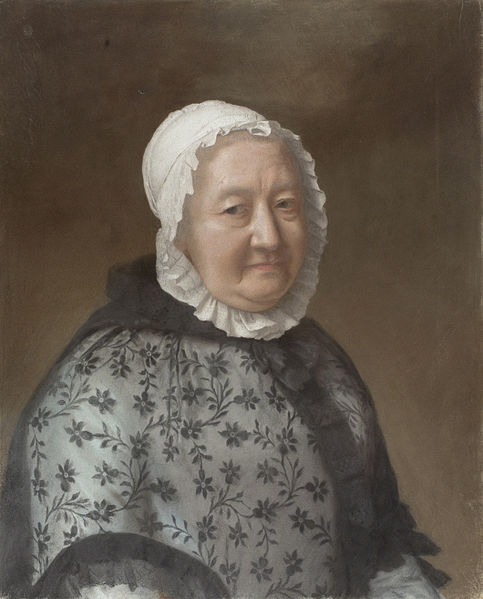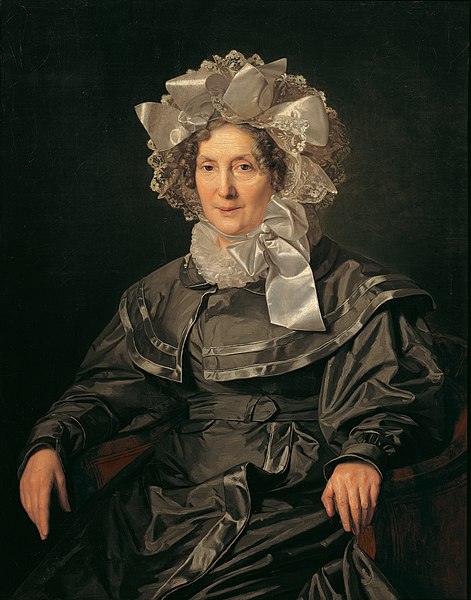
Thammasat University students are cordially invited to download a free Open Access book at this link that should be useful for readers interested in allied health sciences, sociology, demography, and related studies.
Exceptional Lifespans by Heiner Maier and others may be downloaded free at this link:
https://library.oapen.org/handle/20.500.12657/43277
The TU Library collection includes other books about centenarians.
Dr. Heiner Maier is dean of international advanced studies in demography at the Max Planck Institute for Demographic Research (MPIDR) in Rostock, Germany.
The word demography derives from two ancient Greek terms meaning people and writing about something, so demography means writing about people.
As TU students know, Thailand is one of the fastest-aging countries in the world. The proportion of the population aged 60 and over is expected to increase from 13% in 2010 to 33% in 2040. As of 2016, 11% of the Thai population (about 7.5 million people) were 65 years or older, compared to 5% in 1995. By 2040, it is projected that 17 million Thais will be 65 or older. At that point, Thailand will become a super-aged society.
These well-known statistics mean that it may be useful to consider how advances in medical and allied health sciences prolong life and how that affects society. An International Database on Longevity (IDL) gathers demographic information about those who have lived to a documented age of 105 years or more.
Dr. Maier’s book suggests that there may not be any limit to the human lifespan, and lifespan records in different nations and world-wide will be continuously broken as more people survive to become supercentenarians, or those who have reached the age of 110, and even super-supercentenarians, or those over age 115.
He states, “It is now known that the evolutionary theories of aging… do not imply a maximum duration of life although many biologists cling to the outdated dogma. It appears that the age-pattern of senescence, of growing old, is not fixed but is being postponed to higher ages as life expectancy increases.”
The current record holder for longest life is a Frenchwoman, Jeanne Louise Calment, who lived until age 122.45, according to carefully documented research.

According to an article posted on the Thailand Development Research Institute Foundation website,
in 2017, Thailand already had more than 9,000 centenarians, according to a National Statistical Office survey.
Older people nowadays are also more educated and have more work experiences than previous generations. More of them live alone and tend to pursue personal interests outside their communities. Their houses need readjustment for old age safety while their health problems mainly stem from non-communicable diseases such as diabetes and high blood pressure due to lifestyle behaviours.
This new reality also brings new business opportunities. Increasing retirement age to 65 would enable active and healthy older people to contribute to the economy.
Not understanding the challenges will entail many policy mistakes, said Dr Somkiat. The current retirement age remains too low. Valuable human resources will be wasted. At present, Thailand is already losing people in the 50-60 age group due to early retirement policy, he added.
In addition, the government will fail to invest in human resources and city infrastructures to prepare for longevity society. And without good health and enough savings, a long life won’t mean more happiness but more difficulties in old age, he said.
“We need to understand that preparations for the longevity society does not benefit only the elderly, but all of us,” said Dr Somkiat. “We will live much longer so we need policies to make the economy grow and prepare us to cope with the challenges.”
According to TDRI research, retaining workers in the 50-60 age group and reskill them will soften economic slowdown by 9%. Bringing workers in the 60-69 age group back to workforce will improve the situation by 2%. Increasing the 100,000 migrant workers per year helps about 3%. Reducing the number of conscripts from the current level of 100,000 per year will further help.
To sustain growth more effectively, either increasing investment in automation by 1.1-1.6% above the normal trend (around 40 billion baht in 2018) or increasing the total factor productivity by 1.1% through innovations and new businesses will neutralise the slower economic growth from labour shortage.
A longevity society also demands inclusive and more accessible city infrastructure and health services. While early savings and learning new skills are necessary for financial security in old age, investing in good health early in life as well as sustaining a network of friends for an active social life in old age are also important, he added.
When the number of housebound and bedridden older persons will be higher than one million in two decades, the government needs to give more support to health and care services for the old-old elderly.
The social security system also needs revamp to prevent it from collapsing when pensions exceed contributions from the active workforce, he cautioned.
According to Dr Somkiat, the longevity society demands new allocation of resources for healthcare, pension security, lifelong educational services, and unemployment protection.
Thailand needs a more open political system which allows representatives across age groups to have a say in policymaking to avoid conflicts between the young who want change and the old guards who want to protect the status quo, he said.
The representation was highly skewed for the appointed National Legislative Assembly, whose average age of members was 63. The youngest is 54 and the oldest is 94. The average age of the recently elected district members of parliament is lower at 52. The elected MPs are also more representative in terms of age, with the age of the youngest at 27 and the oldest at 83.
Sustaining economic growth
Despite a shrinking workforce, Thailand can still sustain economic growth to support its ageing society. To do so, Thailand should invest more in automation and robotics in the manufacturing, agricultural, and service sectors, said TDRI senior research fellow Dr. Saowaruj Rattanakhamfu.

An article published in 2020 in the Journal of Population and Social Studies, Institute for Population and Social Research (IPSR), Mahidol University, was titled Verification of Reported Age of Centenarians in Thailand. The authors were Dr. Sutthida Chuanwan and Professor Emeritus Dr. Pramote Prasartkul, both of the IPSR. The article abstract read as follows:
Abstract
The objectives of this study were to verify the number of Thai centenarians based on the Thai population registration database and to study the causes for an upward bias of age reporting among centenarians. A phone-based sample survey was conducted with key informants to compare registration data with the de facto number of living centenarians. A sample of presumed centenarians in a sub-set of Thailand’s 76 provinces was selected to confirm the existence of the centenarians, along with their age, and to explain any discrepancies with registration data. This study found that among 358 recorded centenarians, only 53 (15%) were found to be still alive at the time of data collection. Among those who were still alive, 45 were contacted in person, with only 20 (44.4%) confirmed to be centenarians (i.e., age of 100 years or older). Older persons tend to misreport their age, usually with an upward bias, or the inaccuracy could be from an erroneous entry of the date on the birth certificate or household registration book. Furthermore, non-notification of death was the leading reason for not discharging deceased persons from registration data, thus contributing to an over-count of living centenarians. Based on the findings of this study, the authors provide recommendations for improving the quality of the population registration data, especially for Thailand’s centenarians, and guidelines for future related research.

(All images courtesy of Wikimedia Commons)
